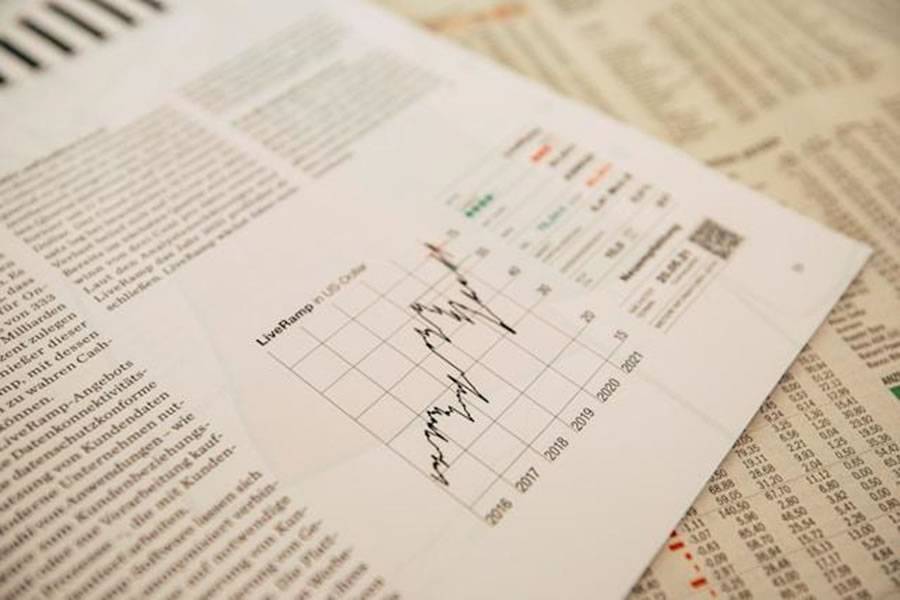Factors impacting your Forex Trades and how to manage them
- 09-04-2024
- Business
- Canarian Weekly
Since foreign exchange (forex or FX) is the largest financial market, it has many moving parts. Several factors can affect the outcome of one's trades. Forex is sensitive to even the slightest changes in other areas that may initially seem unconnected.
Let's study the prominent factors that impact your forex trades and — most importantly — how to manage them.
Economic Data
Economic data remains a consistent, impactful aspect of FX. The two crucial strands of analysis are technical and fundamental. While technical analysis looks at indicators and chart patterns, fundamental analysis considers each currency's economic strength.
Forex markets are traded in pairs. In many cases, the direction of such pairs depends on the individual strength of the currencies matched against each other. Ultimately, the better a country's economy is, the higher the usage of its currency; the opposite is true. This is why many experts regard fundamental analysis as paramount in forex.
The economic data studied in fundamental analysis is varied. However, the data that produces a noticeable effect tends to be interest rates, Gross Domestic Product (GDP), inflation, and employment figures.
The primary way to observe economic data is by using an economic calendar, which alerts traders of upcoming events where changes are expected. Traders pay attention to the releases that historically have the highest impact when announced and afterward, mainly interest rates, inflation, employment, and GDP information.
Aside from short-term trades, it's always best to incorporate fundamentals when assessing any pair's long-term outlook. Before new data is released, one should always consider any potential changes to the current economic data.
Market Sentiment
While technical and fundamental analysis are the two key areas of interest in forex, sentiment analysis is another catalyst in the price movements. As the term suggests, it refers to how certain participants feel about a particular currency or pair.
This goes beyond seeing what the general public discusses about a specific forex market on social media platforms and online forums. Instead, sentiment is measured with purpose-built indicators.
The main downside is that these tools don't consider the sentiment of every participant but rather a microcosmic view. Also, these tools are few and far between. However, the ones available have proven powerful.
The two indicators traders should consider are:
● Commitment of Traders Report: This is a weekly report that the Commodity Futures Trading Commission publishes. It shows the positions of traders (a large portion comprising the major players) in the forex futures market traded on the Chicago Mercantile Exchange.
● Broker position summaries: A small number of forex brokers will provide the number of their traders who are currently long and short on the pairs they provide.
Geopolitics

Geopolitics are closely associated with fundamental analysis. Risks of this nature denote any threats to a country's political, economic, military, and even social status against other countries. While economic indicators can change frequently, geopolitical risks can linger for years.
Recently, they've come in the form of 'black swan' events — events that could not have been predicted. The COVID-19 pandemic is a prime example of a shocking event with unpredictable economic effects that happened in recent years. Other notable instances in the past decade include the Russia-Ukraine conflict and Brexit.
As with economic data, traders should always keep abreast of potential geopolitical risks, even if events related to geopolitics are sudden and unpredictable. They can do this by watching or following the most pertinent global news.
Internal Factors
Lastly, there are internal factors, which refer to the things that every trader can control. One can have an excellent grasp of the external elements that drive the forex market. However, humans ultimately drive trading decisions that may not always be in their best interest. In other words, you can be your own worst enemy.
It begins with being well-educated about the ins and outs of trading FX, which can take several years to master. Part of this process is familiarizing yourself with charting software like MetaTrader 5 (MT5).
Such platforms have several features designed for smarter and well-informed trading. For instance, MT5 has an in-built economic calendar, something previously discussed. It's also a user-friendly environment for traders to master forex and create the best strategy possible on a demo account before tackling a live account.
On the topic of internal factors, here is a list of what many may call the golden rules of forex trading:
● Only invest money you can afford to lose.
● Accept that you will not win all your trades.
● Use a stop loss to minimize your downside and prevent a margin call or blowing your account.
● Cut your losses early and let your profit run.
● Practice overcoming these emotions: fear, greed, hope, and regret.
● Have a trading plan.
● Consider the risk-to-reward ratio.
Staying Ahead in Forex
Trading a financial market the size of forex isn't for the faint-hearted. Unsurprisingly, countless variables can all be at play at once. Fundamentals, market sentiment, and geopolitics are often the most influential. Let's not forget each trader's weaknesses, like being emotional and not having a trading plan.
Now that you know the potential pitfalls, you can stay two steps ahead of new developments on your path to becoming the best trader you can be.
Other articles that may interest you...
Trending
Most Read Articles
Featured Videos
TributoFest: Michael Buble promo 14.02.2026
- 30-01-2026
TEAs 2025 Highlights
- 17-11-2025































































